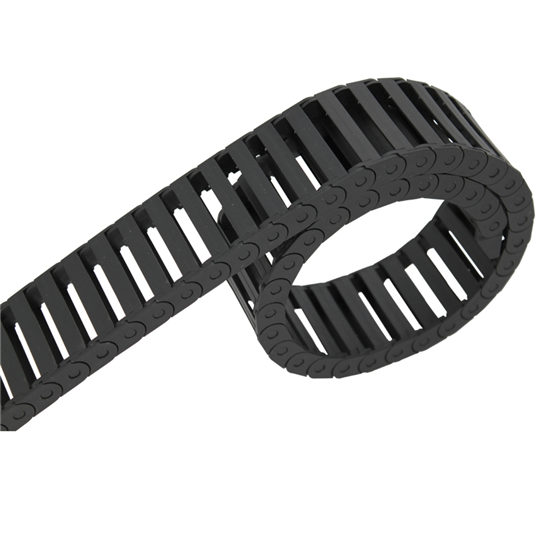Telescoping bellows for efficient expansion and contraction in various industrial applications
Telescopic bellows are essential components in many industrial applications, providing protection for delicate equipment and preventing contamination from dust, dirt, and other harmful particles. These flexible, accordion-like structures are designed to expand and contract, allowing for smooth and continuous movement while maintaining a seal to protect the internal components.
One of the key benefits of telescopic bellows is their ability to accommodate movement in multiple directions. This flexibility makes them ideal for use in applications where equipment must move along multiple axes, such as robotic arms, CNC machines, and other precision machinery. By allowing for movement in various directions, telescopic bellows help to prevent damage to sensitive components and extend the service life of the equipment.
Telescopic bellows are also highly effective at protecting equipment from environmental factors such as heat, moisture, and debris. In high-temperature environments, bellows can shield equipment from excessive heat and prevent thermal damage. Similarly, in damp or corrosive environments, bellows can provide a barrier against moisture and chemicals, helping to extend the lifespan of the equipment.
In addition to their protective qualities, telescopic bellows also play a crucial role in maintaining the cleanliness of equipment

telescopic bellow. By creating a sealed enclosure around sensitive components, bellows prevent dust, dirt, and other contaminants from infiltrating the machinery. This is particularly important in industries such as semiconductor manufacturing, where even the tiniest particle of dust can cause catastrophic failure. Telescopic bellows are available in a variety of materials, including rubber, metal, and plastic, to suit different applications and environmental conditions. For example, rubber bellows are ideal for applications requiring flexibility and resistance to abrasion, while metal bellows are preferred for high-temperature and high-pressure environments. Plastic bellows are commonly used in lighter-duty applications where flexibility and cost-effectiveness are key considerations. Overall, telescopic bellows play a critical role in maintaining the performance and longevity of industrial equipment. By providing protection from external factors, accommodating movement in multiple directions, and keeping machinery clean, bellows help to ensure the smooth operation of a wide range of equipment. Whether in manufacturing, robotics, or any other industry requiring precise and reliable machinery, telescopic bellows are an essential component for maintaining equipment performance and extending its service life.

telescopic bellow. By creating a sealed enclosure around sensitive components, bellows prevent dust, dirt, and other contaminants from infiltrating the machinery. This is particularly important in industries such as semiconductor manufacturing, where even the tiniest particle of dust can cause catastrophic failure. Telescopic bellows are available in a variety of materials, including rubber, metal, and plastic, to suit different applications and environmental conditions. For example, rubber bellows are ideal for applications requiring flexibility and resistance to abrasion, while metal bellows are preferred for high-temperature and high-pressure environments. Plastic bellows are commonly used in lighter-duty applications where flexibility and cost-effectiveness are key considerations. Overall, telescopic bellows play a critical role in maintaining the performance and longevity of industrial equipment. By providing protection from external factors, accommodating movement in multiple directions, and keeping machinery clean, bellows help to ensure the smooth operation of a wide range of equipment. Whether in manufacturing, robotics, or any other industry requiring precise and reliable machinery, telescopic bellows are an essential component for maintaining equipment performance and extending its service life.








